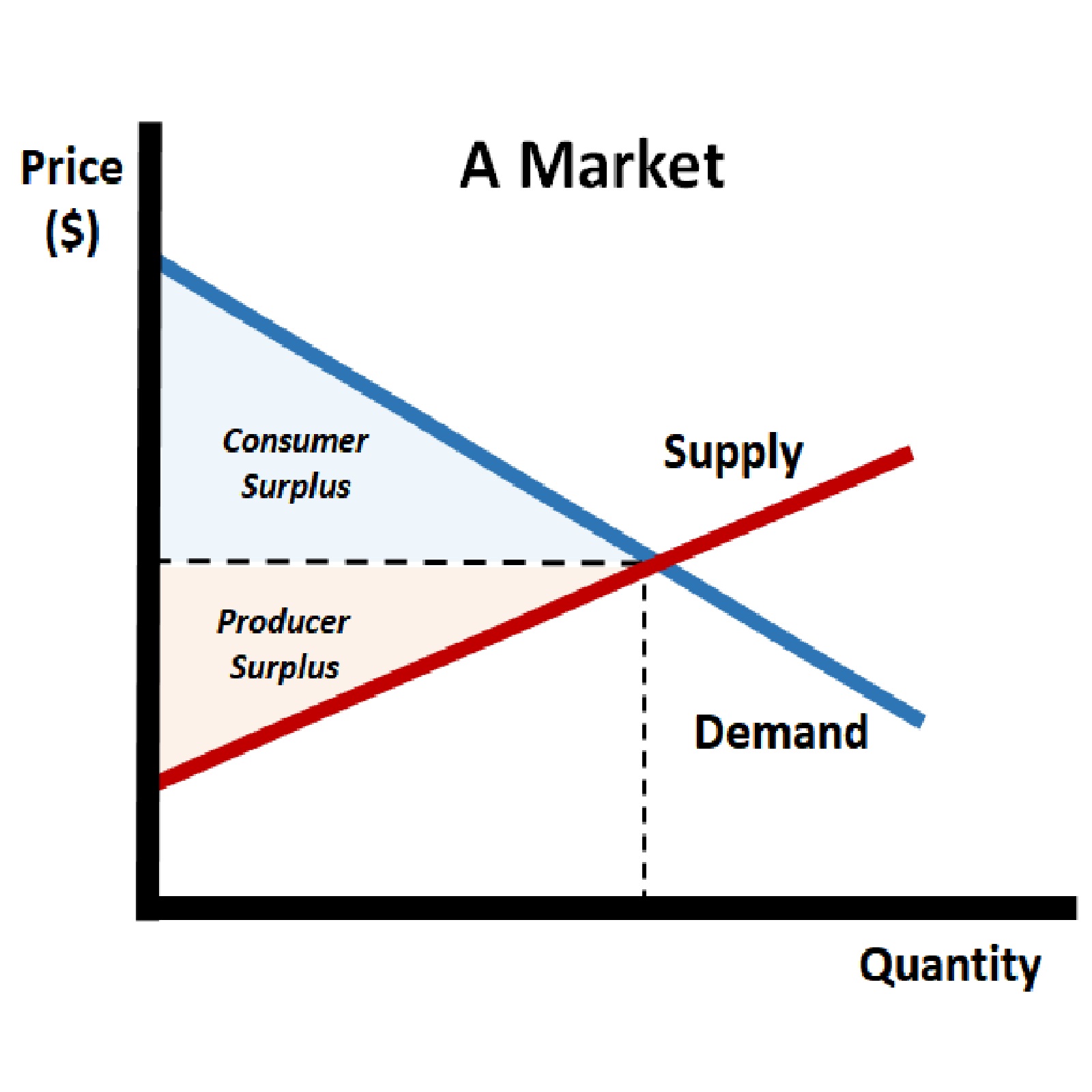

Oxford College Principles of Microeconomics Course
Professor Daniel Ludwinski
This is a collection of curated podcast episodes around the topic of economics, to expose the students of Oxford College of Emory's Principles of Economics course to podcasts that touch on economics and economic adjacent topics.
Episodes
Mentioned books

16 snips
Dec 10, 2025 • 50min
Hidden Brain: Theory Vs. Reality: Why Our Economic Behavior Isn't Always Rational
Join Sam Bowles, a behavioral economist at the Santa Fe Institute, and Richard Thaler, Nobel Prize-winning professor at the University of Chicago, as they unpack the quirks of human economic behavior. They discuss the surprising acts of altruism during the COVID-19 pandemic and challenge traditional economic models that assume selfishness. From hoarding to community support, they explore why people often act against their self-interest and the implications this has for policy and societal values. It's a deep dive into the messy reality of economic decision-making!

Dec 3, 2025 • 1h 2min
Econtalk: Robert Frank on Inequality
From Econtalk:Robert Frank of Cornell University talks with EconTalk host Russ Roberts about inequality. Is there a role for public policy in mitigating income inequality? Is such intervention justified or effective? The conversation delves into both the philosophical and empirical evidence behind differing answers to these questions. Ultimately, Frank argues for a steeply rising tax rate on consumption that would reduce disparities in consumption. This is a lively back-and-forth about a very timely topic.

Nov 26, 2025 • 48min
Throughline: Lives Of The Great Depression
Fong, a participant in oral histories from San Francisco's Chinatown, shares vivid memories of life during the Great Depression. He discusses the extreme frugality required for survival, living in shared rooms, and innovative strategies for affordable meals. Fong paints a sensory picture of Chinatown, bringing to life the sounds and atmosphere of that era. He also reflects on his experiences working under New Deal programs, mentioning the discrimination faced and the transient nature of such gains. Fong's insights reveal the tenacity and resilience of a community during challenging times.

Nov 19, 2025 • 9min
Vox Talks: Climate shock: the economic consequences of a hotter planet
Gernot Wagner discusses risk and uncertainty in climate change, advocating for proactive action and pricing the full cost of damages. The podcast explores economist's solutions like reducing plastic bag use and implementing carbon pricing. The discussion criticizes using geoengineering as a solution, highlighting potential threats and economic forces. Taking action is emphasized, including raising awareness and policy-level initiatives like coal taxes and cap and trade experiments.

Nov 12, 2025 • 23min
Planet Money: Quit Threat
From Planet Money:On today's show, we ask: What does full employment really look like? NPR sent reporters across the country, including to Ames, Iowa, the city with the lowest unemployment rate, to find out. The unemployment rate is just 3.6% in the U.S., a 50-year low. People think we are at, or near, full employment. That's the lowest the unemployment rate can go without triggering inflation. And when the labor market is that tight, power shifts from employers to workers. When unemployment is low, workers can threaten to quit and their bosses have to take that threat seriously. That's what leads to raises.

Nov 5, 2025 • 1h 15min
Econtalk: Noah Smith on Worker Compensation, Co-determination, and Market Power
From Econtalk:Bloomberg Opinion columnist and economist Noah Smith talks with EconTalk host Russ Roberts about corporate control, wages, and monopoly power. Smith discusses the costs and benefits of co-determination--the idea of putting workers on corporate boards. The conversation then moves to a lively discussion of wages and monopoly power and how the American worker has been doing in recent years.

Oct 22, 2025 • 41min
Freakonomics radio: The Most Interesting Fruit in the World (Ep. 375)
From Freakonomics radio:The banana used to be a luxury good. Now it’s the most popular fruit in the U.S. and elsewhere. But the production efficiencies that made it so cheap have also made it vulnerable to a deadly fungus that may wipe out the one variety most of us eat. Scientists do have a way to save it — but will Big Banana let them?

Oct 8, 2025 • 52min
Freakonomics radio: Why Rent Control Doesn’t Work (Ep. 373)
From Freakonomics radio:As cities become ever-more expensive, politicians and housing advocates keep calling for rent control. Economists think that’s a terrible idea. They say it helps a small (albeit noisy) group of renters, but keeps overall rents artificially high by disincentivizing new construction. So what happens next?

Oct 1, 2025 • 21min
Planet Money: A Bet On The Future Of Humanity (Ep508)
From Planet Money:A famous biologist, Paul Ehrlich, predicts that overpopulation will lead to global catastrophe. He writes a bestselling book — The Population Bomb — and goes on the Tonight Show to make his case.An economist, Julian Simon, disagrees. He thinks Ehrlich isn't accounting for how clever people can be, and how shortages can lead to new, more efficient ways of doing things. So Simon challenges Ehrlich to a very public, very acrimonious, decade-long bet. On today's show: The story of that bet, and what it tells us about the future of humanity.

Sep 24, 2025 • 15min
WSJ - The Journal: The World Has Too Much Oil
From WSJ - The Journal:Demand for oil has plummeted as the coronavirus has shut down much of the world, but most producers are still pumping. WSJ's Russell Gold explains the global game of chicken inside the oil industry.


